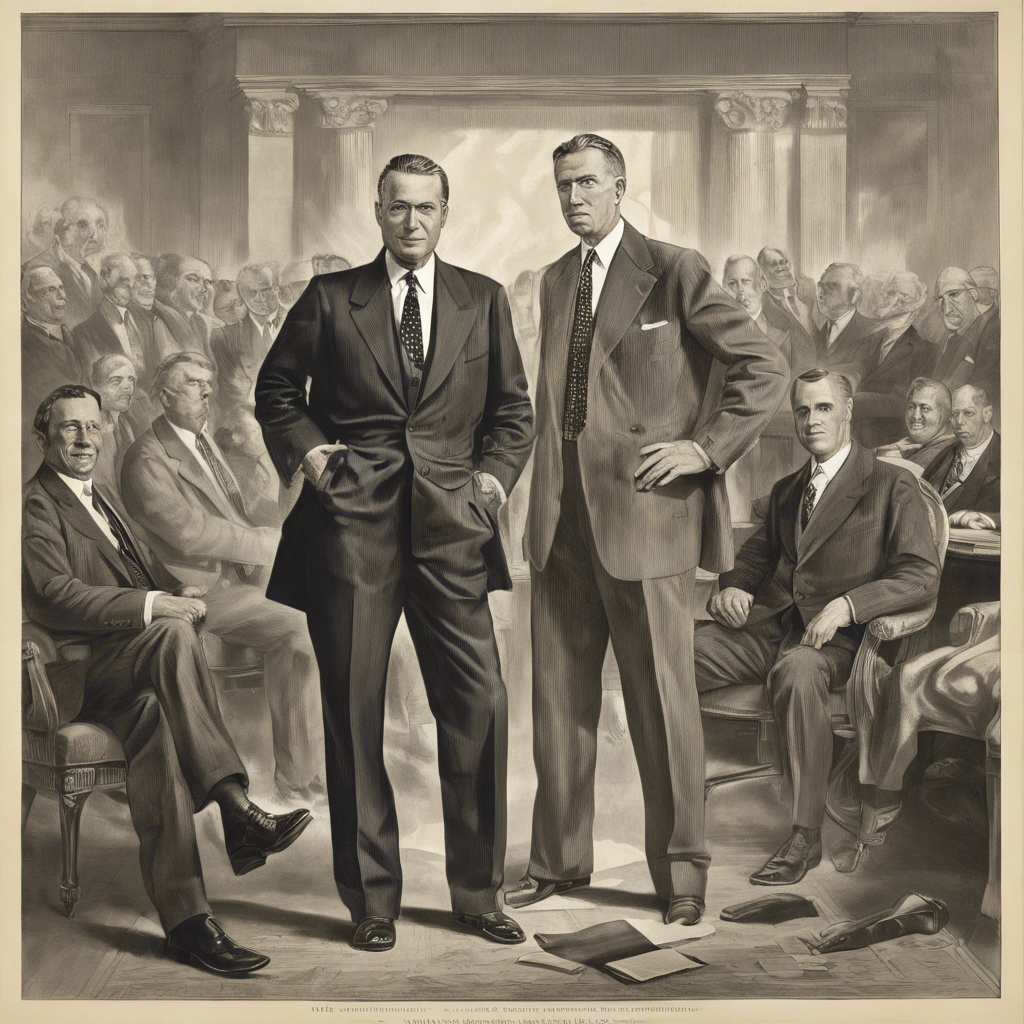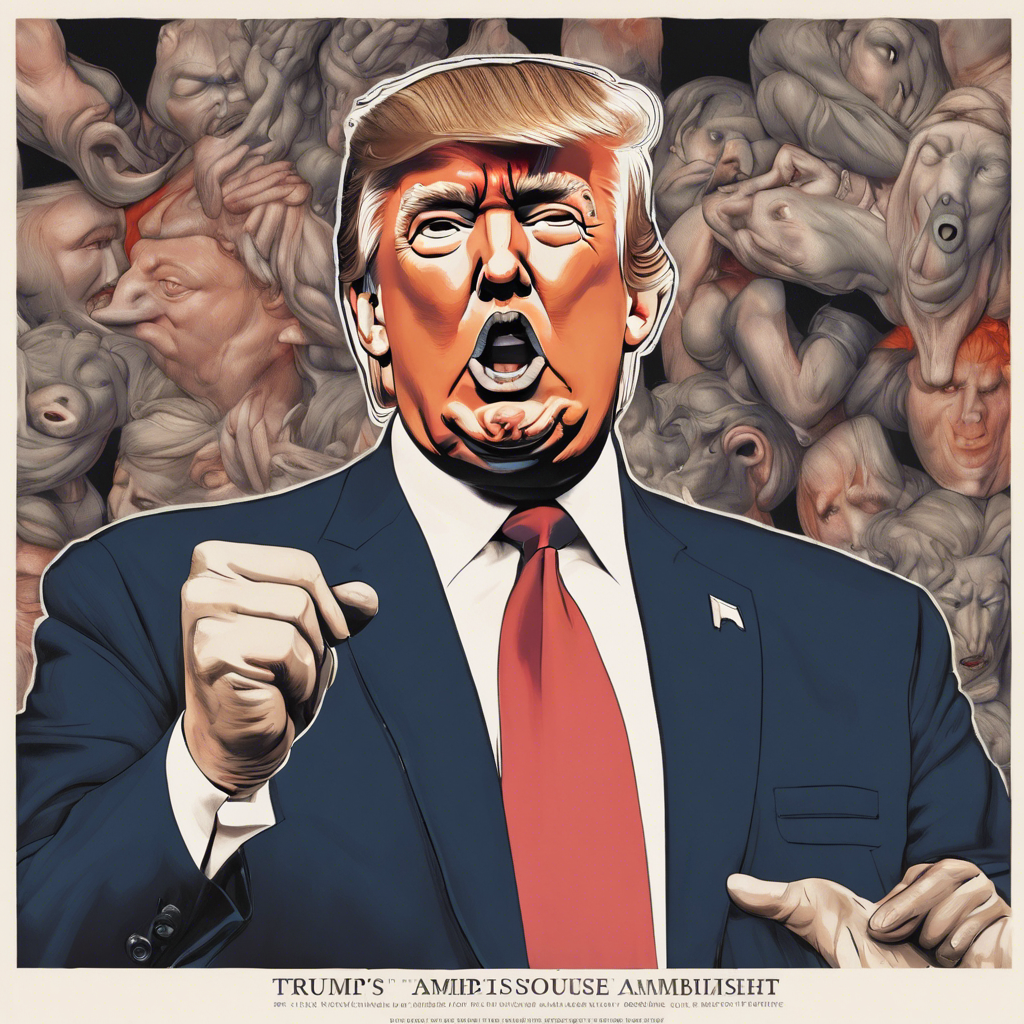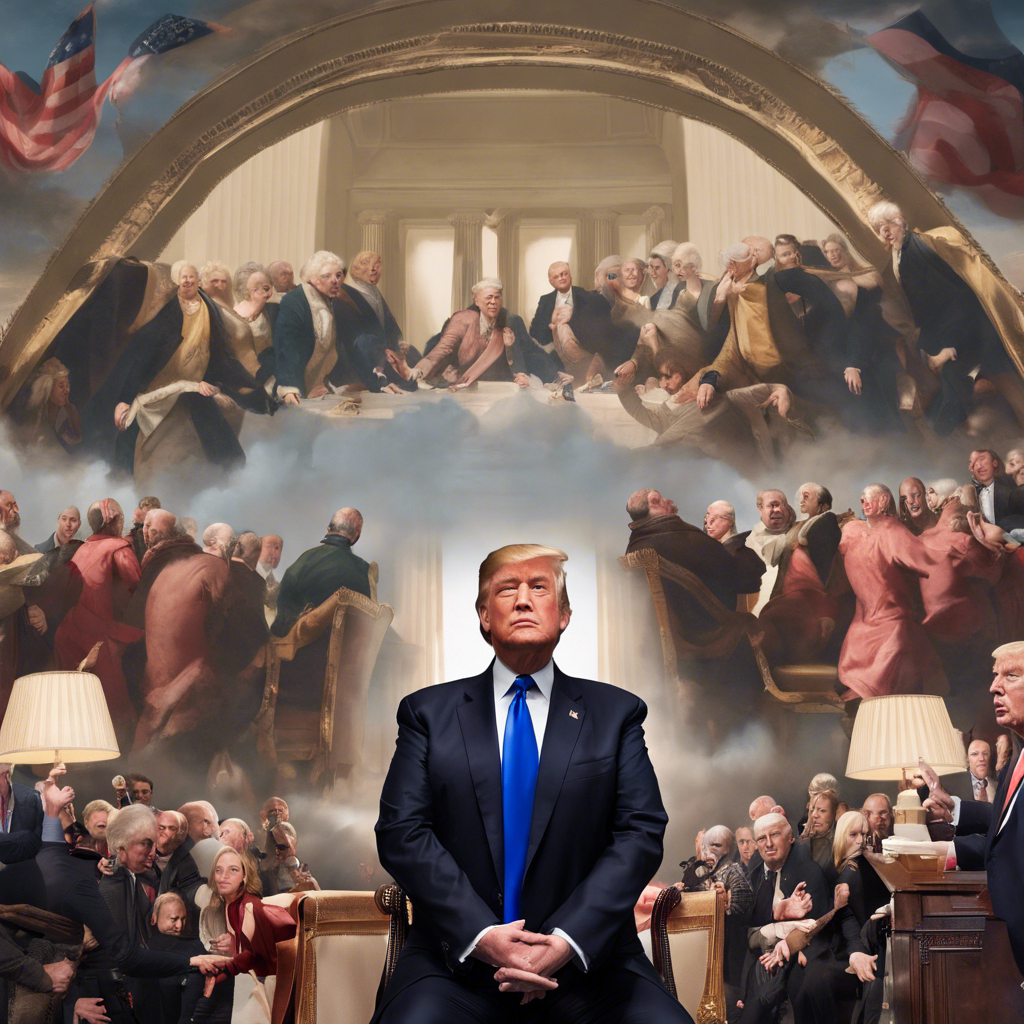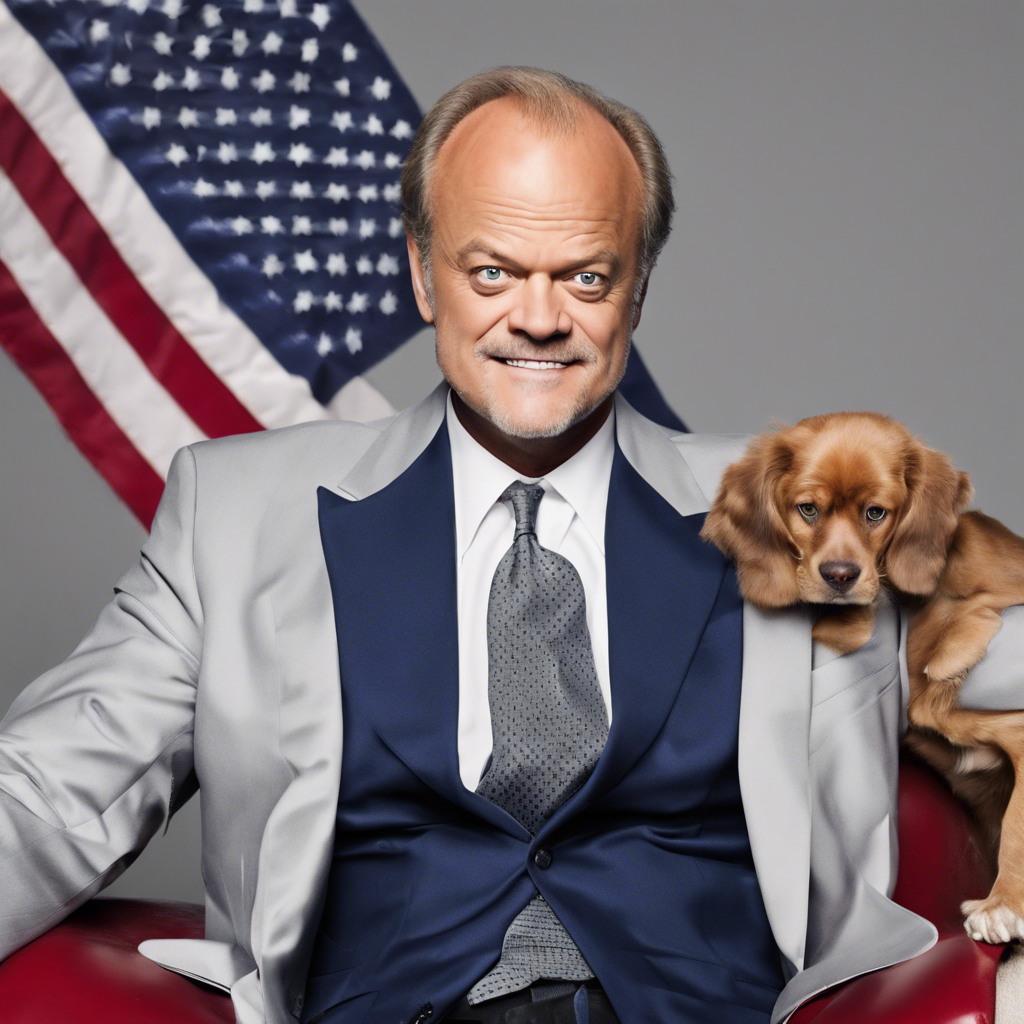The Rise of Billionaire Bosses in American Politics

How Super-Wealthy Individuals Influence Presidential Nominees
In the past, the demise of political party bosses and smoke-filled rooms was seen as a positive step towards giving more power to ordinary citizens in the selection of presidential nominees. However, a new trend has emerged, with billionaires seeking to become the new bosses of American politics. The influence of super-wealthy individuals has become a significant factor in presidential campaigns, with candidates vying for the support of well-funded super PACs and vocal endorsements from the mega-rich. This article explores the implications of this trend and its impact on the democratic process.
The Power of Billionaire Endorsements:
Last week, Nikki Haley, a Republican candidate, received the endorsement of Americans for Prosperity, a political network led by billionaire industrialist Charles Koch. This endorsement was seen as a major coup for Haley, boosting her chances of securing the Republican nomination. The involvement of billionaires in politics goes beyond endorsements, with influential figures like Jamie Dimon, the chairman of JPMorgan Chase, and Larry Fink, the chairman of BlackRock, attending events and showing support for specific candidates. These endorsements and interactions garner significant media attention, highlighting the growing influence of billionaires in the political landscape.
The Republican Party and Billionaire Influence:
Billionaires also play a significant role in shaping the Republican Party’s presidential politics. Their goal is to find a credible candidate and consolidate support behind them to avoid a repeat of the divided field that allowed Donald Trump to secure the nomination in 2016. However, despite their efforts, billionaires have not been successful in slowing down Trump’s influence within the party. While billionaires do have an influence on Democratic presidential politics as well, it is not as pronounced as in the Republican Party.
The Evolution of Political Influence:
The increasing influence of billionaires in politics raises concerns about the nature of the democratic process. While citizens have a larger voice in the selection of presidential nominees compared to previous decades, billionaires receive special treatment. The wealthiest individuals can influence who runs for office, who has the financial resources to stay in the race, and who does not. This unintended consequence is a result of various changes, including the decline of traditional party bosses and the erosion of campaign finance laws.
The Decline of Traditional Party Bosses:
Over half a century ago, the power of traditional party bosses, including powerful governors and mayors, began to wane. The Democratic Party revamped its rules to give more power to voters in the selection of national convention delegates and the eventual nominee. Additionally, Congress enacted campaign finance laws after the Watergate scandal, aiming to limit individual contributions and overall candidate spending. The of federal-matching funds provided candidates with money from a voluntary taxpayer-funded pool, but the system began to erode as candidates opted out and raised money beyond the spending limits.
The Rise of Super PACs and Citizens United:
In 2010, the Supreme Court’s Citizens United v. Federal Election Commission decision changed the structure of campaign financing once again. Super PACs, typically backed by billionaires and multimillionaires, emerged as a new breed of entities. These committees, some of which operated independently, allowed for unlimited contributions and often relied on “dark money” groups that do not disclose their contributors’ names. Super PACs coordinate closely with candidates, enhancing the influence of the super-wealthy donors.
The Attraction of Super PACs for Candidates:
Super PACs funded by the super-wealthy are attractive to candidates because federal rules limit individual contributions to $3,300 per election. By seeking out individuals who can give the maximum amount, candidates need to find hundreds of donors to raise significant funds. However, candidates like Barack Obama and Bernie Sanders demonstrated that grassroots fundraising can generate substantial support through small individual contributions. Nevertheless, the current system leads to distortions, with candidates needing to meet specific thresholds to qualify for debates and viable candidates relying on super PAC backing.
Conclusion:
The rise of billionaire bosses in American politics raises questions about the democratic process. While citizens have a greater voice in selecting presidential nominees, billionaires wield significant influence through endorsements, super PACs, and financial support. The unintended consequences of changes in campaign finance laws and the emergence of super PACs have given the super-wealthy a disproportionate role in shaping the political landscape. However, candidates still need to earn the support of voters through their message and campaign efforts. As the primary and caucus season approaches, voters will have the opportunity to make their voices heard and shape the future of American politics.










